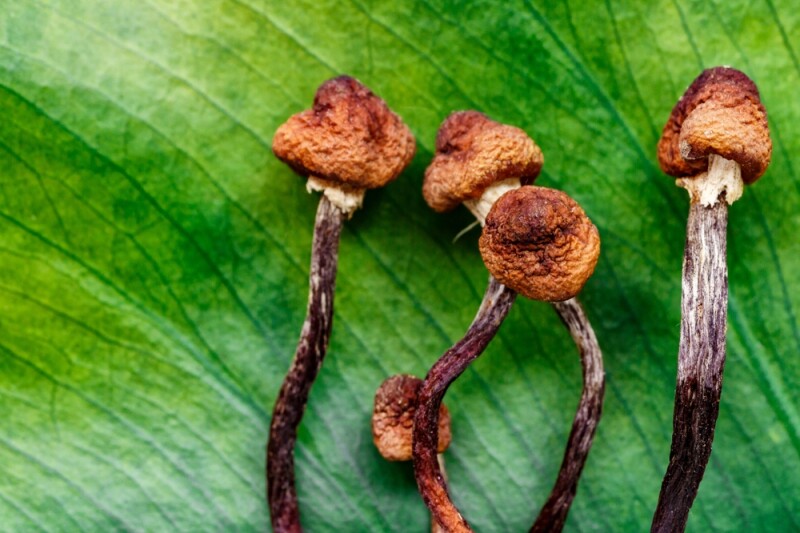COVID-19 vaccines likely induces lasting immunity, study finds
The novel coronavirus (COVID-19) vaccinations producer by Pfizer/BioNTech and Moderna likely produce an immune response that is strong and potentially long-lasting, according to new research from the Washington University School of Medicine in St. Louis published earlier today in the journal Nature.
For the study, researchers wanted to understand the dynamics of antibody secreting plasmablasts and germinal center B cells induced by mRNA-based COVID-19 vaccines. The researchers examined antigen-specific B cell responses in peripheral blood and draining lymph nodes in 14 individuals who received two doses of an mRNA-based COVID-19 vaccine.
Circulating IgG- and IgA-secreting plasmablasts targeting the S protein peaked one week after the second immunization then declined, becoming undetectable three weeks later. The plasmablasts responses preceded maximal levels of serum anti-S binding and neutralizing antibodies to an early circulating SARS-CoV-2 strain as well as emerging variants, especially in individuals previously infected with SARS-CoV-2, who produced the most robust serologic responses.
By examining fine needle aspirates (FNAs) of draining axillary LNs, we identified germinal center B cells that bound S protein in all participants sampled after primary immunization. Remarkably, researchers said, high frequencies of S-binding germinal center B cells and plasmablasts were sustained in these draining lymph nodes for at least 12 weeks after the booster immunization. S-binding germinal center B cell-derived monoclonal antibodies predominantly targeted the receptor binding domain of the S protein, with fewer clones binding to the N-terminal domain or to epitopes shared with the S proteins of the human betacoronaviruses OC43 and HKU1. The latter cross-reactive B cell clones had higher levels of somatic hypermutation compared to those that only recognized SARS-CoV-2 S protein, suggesting a memory B cell origin, the researchers said.
The study suggests that mRNA-based vaccination of humans induces a persistent germinal center B cell response, enabling the generation of robust humoral immunity.
Editor's note: Click here for more information and ongoing COVID-19 updates for integrative healthcare professionals.




















SHARE